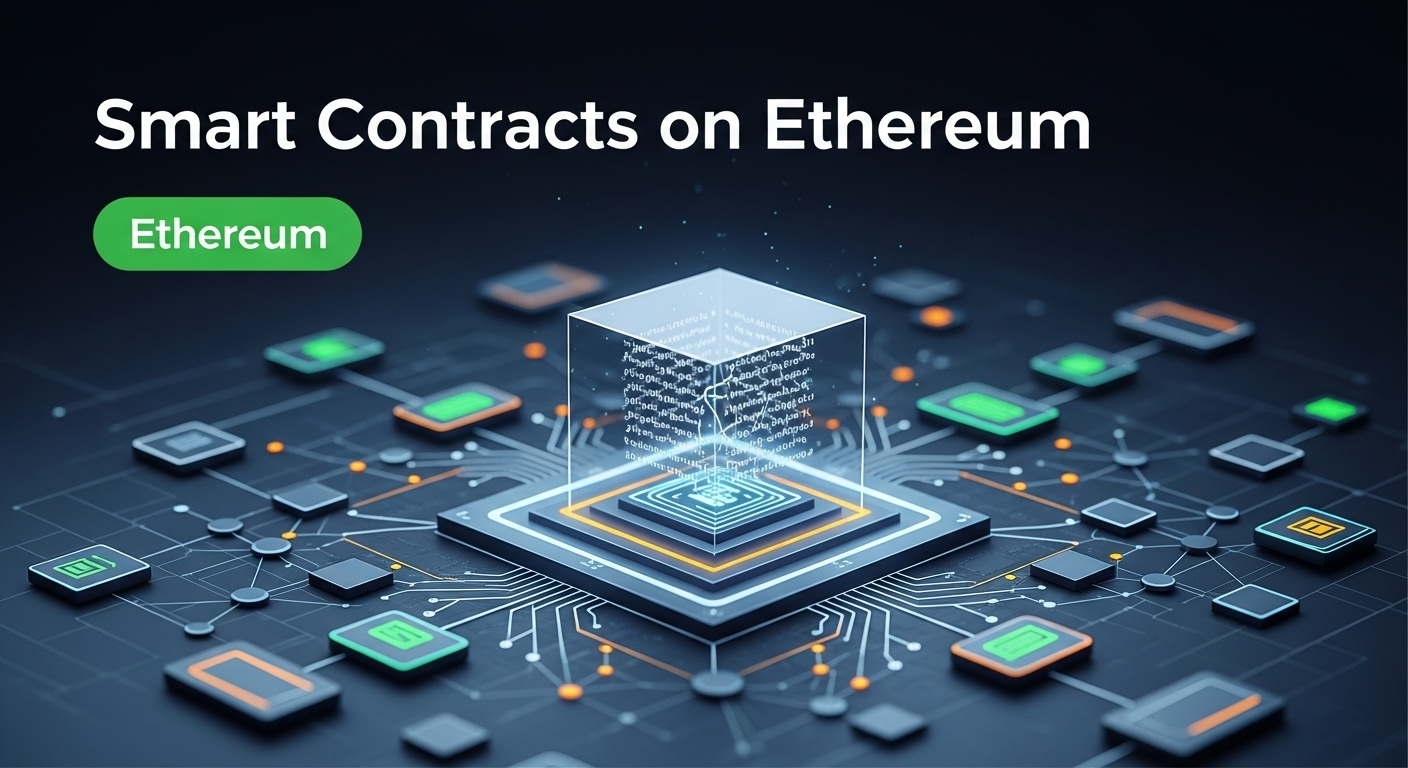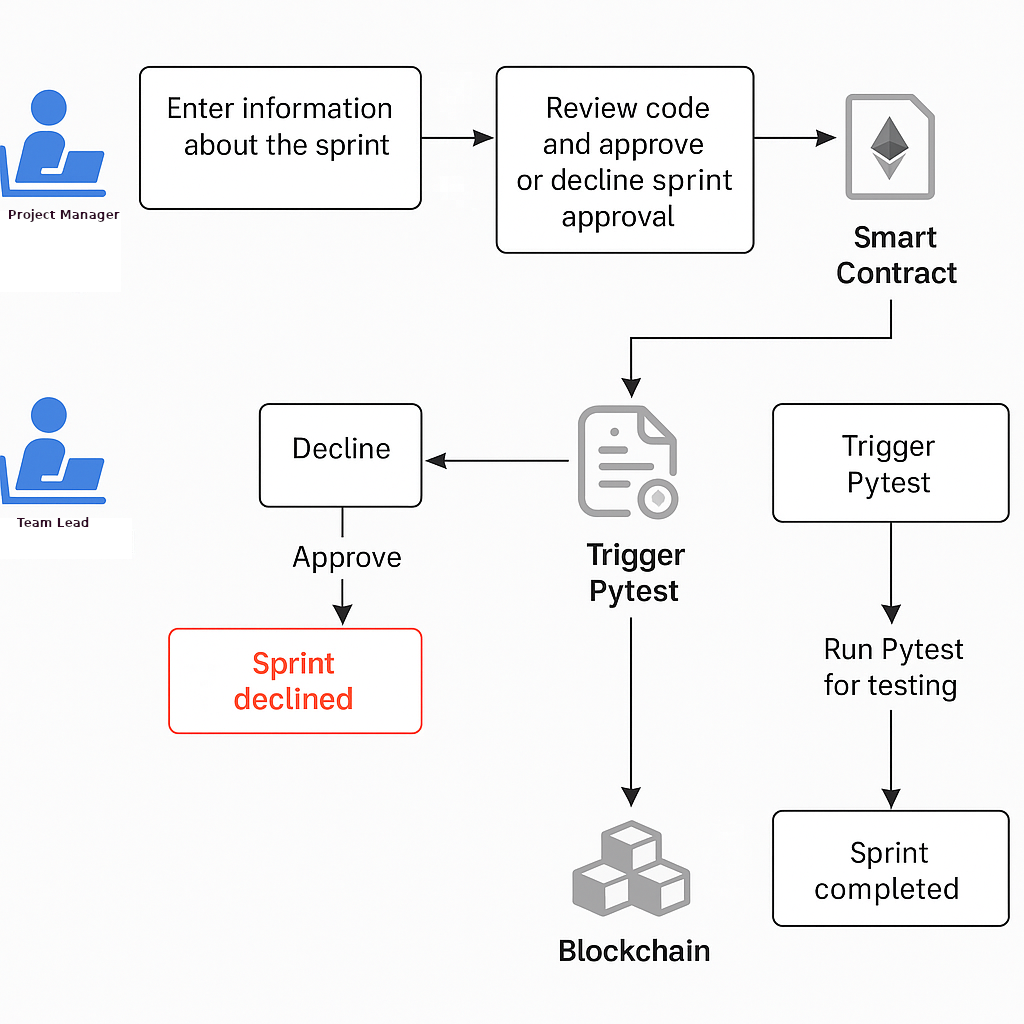Bringing Blockchain to Project Management: A Developer’s Guide with Solidity & Python
This multi-part blog series explores the creation of a smart contract using the Ethereum network, Solidity, and the Python Django framework. The objective is to provide an accessible introduction to smart contracts through a practical, real-world example.
In this series, we'll develop a system where a Team Lead's approval of a sprint triggers automated testing of the associated codebase. Specifically, upon approval, the smart contract emits an event that a Python script listens for. This script then clones the relevant GitHub repository and executes Pytest to run the test suite. This integration ensures that code linked to approved sprints is automatically tested, enhancing the efficiency and reliability of your project management process.
By combining Solidity for the smart contract, Web3.py for blockchain interaction, and Django for the web interface, this series demonstrates how blockchain technology can be integrated into existing development workflows to automate and streamline project management tasks.

